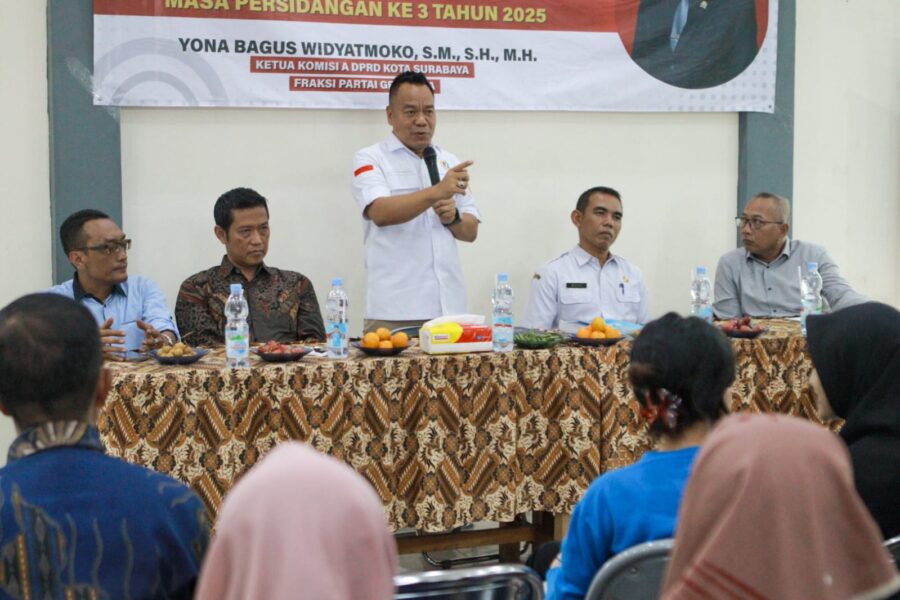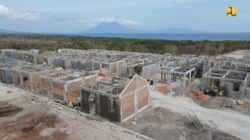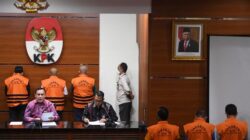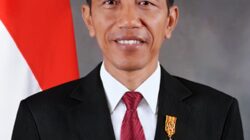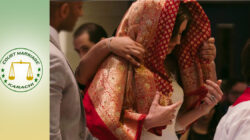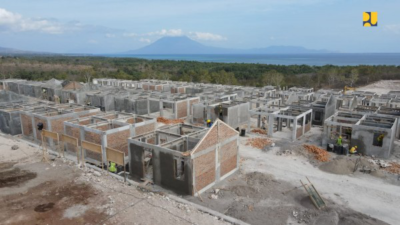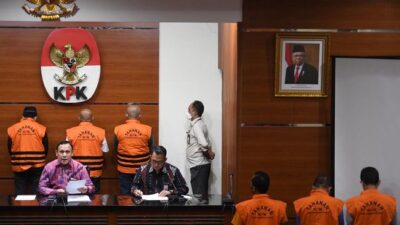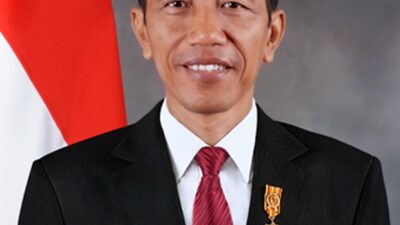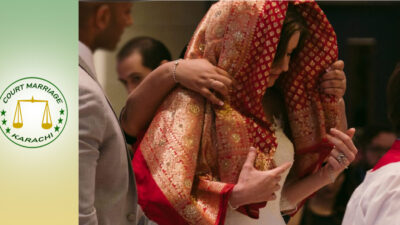IndoNEWSian.com – Yona Bagus Widyatmoko, Chair of Commission A at the Surabaya City Council, has raised concerns over a growing trend in which individuals use religious buildings — such as churches and mosques — as their residential address for identity card (KTP) registration.
Yona condemned the practice, describing it as a violation of population administration regulations and a potential loophole that could lead to further misuse. Speaking on Thursday (May 15, 2025), he revealed that external parties had allegedly pressured authorities to process such requests, even when they clearly contravened the law.
“We’ve received reports of interventions urging the issuance of ID cards using addresses of places of worship. This cannot be permitted unless the applicant genuinely resides there for specific religious duties, such as pastors or mosque caretakers,” Yona stated.
As the Vice Chair of Surabaya’s Gerindra Party, Yona emphasized that this phenomenon has gone beyond isolated incidents. He warned that it may be part of a broader attempt to exploit the system for purposes such as accessing education, employment, or public services.
“If the number of cases is significant, it becomes illogical and clearly violates the principles of our administrative system,” he added.
Yona also referred to the Joint Regulation of the Minister of Religious Affairs and Minister of Home Affairs (PBM No. 8 and 9 of 2006), often misquoted as a legal basis for the practice. According to him, the regulation does not justify using religious buildings as official addresses for ID purposes.
“I’ve reviewed the regulation, and there’s no clause that permits the use of places of worship for residential registration. It focuses solely on the establishment of worship facilities and the role of interfaith harmony forums (FKUB),” he clarified.
The lawmaker further speculated that many of the applicants were migrants from outside Surabaya, including regions in Eastern Indonesia and the so-called ‘Tapal Kuda’ area, who lacked permanent addresses in the city.
“In some cases, migrants use the church or mosque address simply because they don’t have a legal residence. Muslim applicants use mosques, and Christian applicants use churches — but that doesn’t make it right,” Yona explained.
Nonetheless, Yona acknowledged that not all applications are illegitimate. He noted that those who genuinely live and serve at religious sites — such as clergy or mosque caretakers — may rightfully use the address in official documentation.
“If someone is performing a specific role and lives within the premises, like in a dorm or designated housing, it’s understandable,” he said.
Yona urged Surabaya’s Population and Civil Registration Office (Dispendukcapil) to uphold strict standards and avoid bending rules due to external pressure. He also called for the formulation of clearer and stricter regulations to prevent similar misuse in the future.
“This isn’t about religion or discrimination. It’s about administrative order and ethical data governance. We must not let houses of worship be turned into tools for identity fraud,” Yona concluded. (@ngga)

